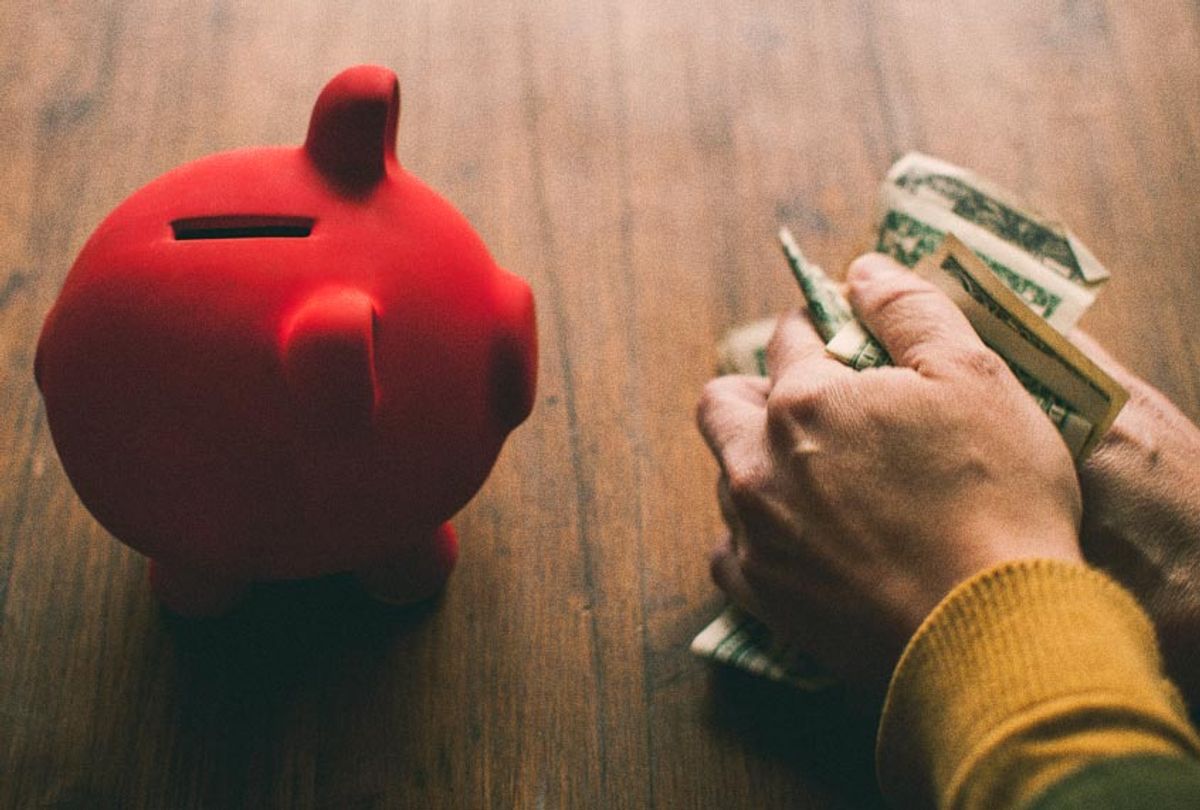Millions of Americans suffered long-term financial pain because of the Great Recession and the crash of September 2008. Now, the coronavirus pandemic is inflicting additional pain on millions of Americans, and UC Berkeley law professor Frank Partnoy — in a sobering article for The Atlantic's July/August 2020 issue — warns that another banking crisis is a strong possibility.
"After months of living with the coronavirus pandemic," the 53-year-old Partnoy explains, "American citizens are well aware of the toll it has taken on the economy: broken supply chains, record unemployment, failing small businesses. All of these factors are serious and could mire the United States in a deep, prolonged recession. But there's another threat to the economy too. It lurks on the balance sheets of the big banks, and it could be cataclysmic. Imagine if, in addition to all the uncertainty surrounding the pandemic, you woke up one morning to find that the financial sector had collapsed."
Partnoy goes on to explain why he fears that possibility. Banks, according to Partnoy "learned few lessons from" the "calamity" of the "2008 crash" — and "new laws intended to keep them from taking on too much risk have failed to do so. As a result, we could be on the precipice of another crash, one different from 2008 less in kind than in degree. This one could be worse."
In 2010, Partnoy notes, Congress passed the Dodd-Frank Act "to prevent the next crisis." But one financial instrument that, according to Partnoy, has become problematic is what is known as a CLO or "collateralized loan obligation" — not to be confused with a CDO or collateralized debt obligation.
"After the housing crisis," Partnoy notes, "subprime CDOs naturally fell out of favor. Demand shifted to a similar — and similarly risky — instrument, one that even has a similar name: the CLO or collateralized loan obligation. A CLO walks and talks like a CDO, but in place of loans made to home buyers are loans made to businesses — specifically, troubled businesses. CLOs bundle together so-called leveraged loans, the subprime mortgages of the corporate world. These are loans made to companies that have maxed out their borrowing and can no longer sell bonds directly to investors or qualify for a traditional bank loan."
Partnoy observes that CLOs have been "praised by Federal Reserve Chair Jerome Powell and Treasury Secretary Steven Mnuchin for moving the risk of leveraged loans outside the banking system." But according to Partnoy, that doesn't mean that they aren't risky.
Partnoy wraps up his Atlantic article on a troubling note, warning that the financial problems resulting from the coronavirus pandemic could become even worse if large banks are allowed to take dangerous risks.
"If we do manage to make it through the next year without waking up to a collapse, we must find ways to prevent the big banks from going all in on bets they can't afford to lose," Partnoy explains. "Their luck — and ours —will at some point run out."




Shares